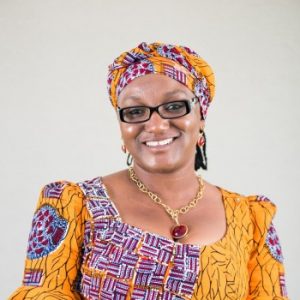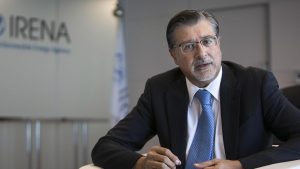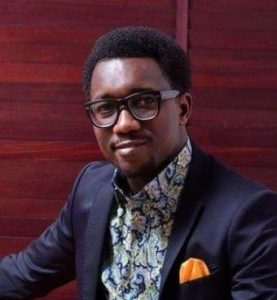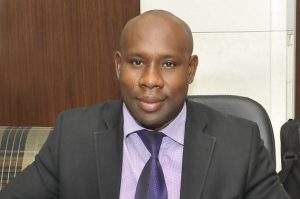Habiba Ali is the Chief Executive Officer of Sosai Renewable Energies Company, a Kaduna based RE firm inclined to providing sustainable clean energy to rural communities in Nigeria. She shared with OGN how her company distributed over 40,000 improved cook stoves as part of the United Nation’s Clean Development Mechanism (CDM) to rural communities, thereby improving the living standards of 180,000 lives through RE solutions. She also made known her views on the RE sector in Nigeria, saying an energy revolution through this was imminent. Excerpts.
What does Sosai do in the renewable energy sector of Nigeria?
We proffer livelihood improving RE technologies to communities and rural areas like Solar Lanterns, Solar Home systems and improved cook stoves. We are working on developing micro grids now.
You’ve operated for how long now, what impact-making projects have you undertaken?
We have been in operations for 5 years now and we have been instrumental to the success of the UNFCCC CDM project, distribution of improved cook stove in Nigeria. We have distributed over 40,000 improved cook stoves in Nigeria within 2 years, touching on over 180, 000 lives.
There’s a sort of a bad rap on renewables being inefficient, have you come across this in your operations or projects?
No not at all. We know how good renewables are and we believe it. My job has been to convince people that renewable energy works.
How effective or efficient are the RE solutions you’ve deployed so far, have you had instances of complete breakdown or serious malfunctioning?
Yes, we have had a few manufacturing issues but these were covered by warranties as such we got replacements. Nothing major has happened yet but we also work with only lighting Africa certified products
Who are your dominant clients, you seem inclined to rural communities?
Yes, for all our existence 70% of our market has been rural. We have just recently with the introduction of the bigger systems in our portfolio moved a bit into the urban areas and does it seem that much revenue also comes from urban and peri-urban areas.
“We know how good renewables are and we believe it. My job has been to convince people that renewable energy works.”
In deploying RE solutions to rural beneficiaries, are they done for free or paid for, and how affordable are they?
It cannot be sustainable if done for free, they pay for everything but we also have different mechanisms in place to assist them like instalment payments and now we are going into Pay-as-you-go.
One of your products – ‘improved cook stove’ for rural communities, what about it, how does it work, what led to its invention, what are its good and bad sides?
The imptoves that save about 70% of the wood that would normally be used in an open fire thereby saving about 70% of indoor air pollution and contributing to reduction in deforestation that could lead to desertification.
We had tried to work with women to use solar cookers but this proved difficult and we thought of a technology that would reduce their dependence on wood while matching the three stone fire that they were used to. So, the cook stoves were developed and it grew to the point we got partners who wanted to work on implementing the improved cook stove as a CDM project and we became their implementation partners.
Could you in very simple terms, maybe in numbers, tell us how much of money your solutions may have helped its users save?
I was recently in one of our communities with SNP, our funders in one of our projects and they asked a man what the solar solution he was using had done for him and he said immediately without hesitation that he would normally buy 4 gallons of fuel every week but since he installed the solar multi lamp system he bought only one gallon just for the sake of the TV and he was already planning how to transition to a system that would ensure he could use his TV set.
“If they are serious and
put in place all the enabling environment parameters, they can achieve even a little more than this by 2020.”
We imagine you have challenges with your job as a promoter of RE in a country that is yet to accord it some good attention notwithstanding its potentials, what are these challenges if any?
Oh Customs!!! My biggest challenge is customs. And then multi tax situations. A better financing option would also have been great but we are coping.
The federal government wants 50% of Nigeria’s energy to come from RE by 2020, do you consider this to be quite ambitious, what exact steps do you think it should take to get through this?
If they are serious and put in place all the enabling environment parameters, they can achieve even a little more than this by 2020. A total RE revolution needs to take place. Creating quota systems, incentivizing companies to own RE stations, reducing port charges and turnaround times for clearing, these would be of great help.






